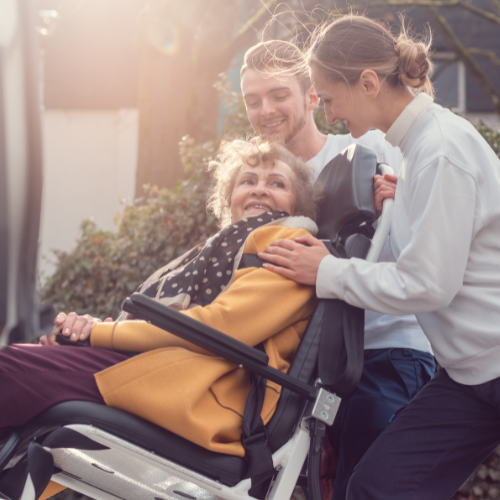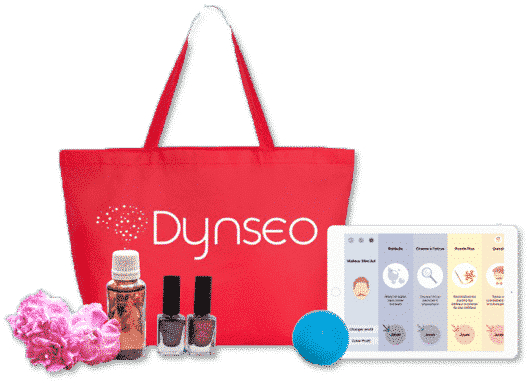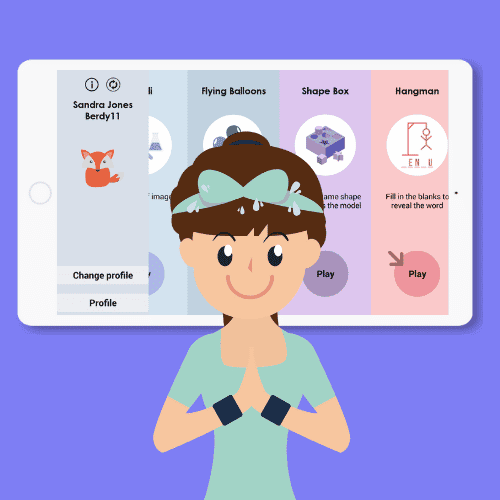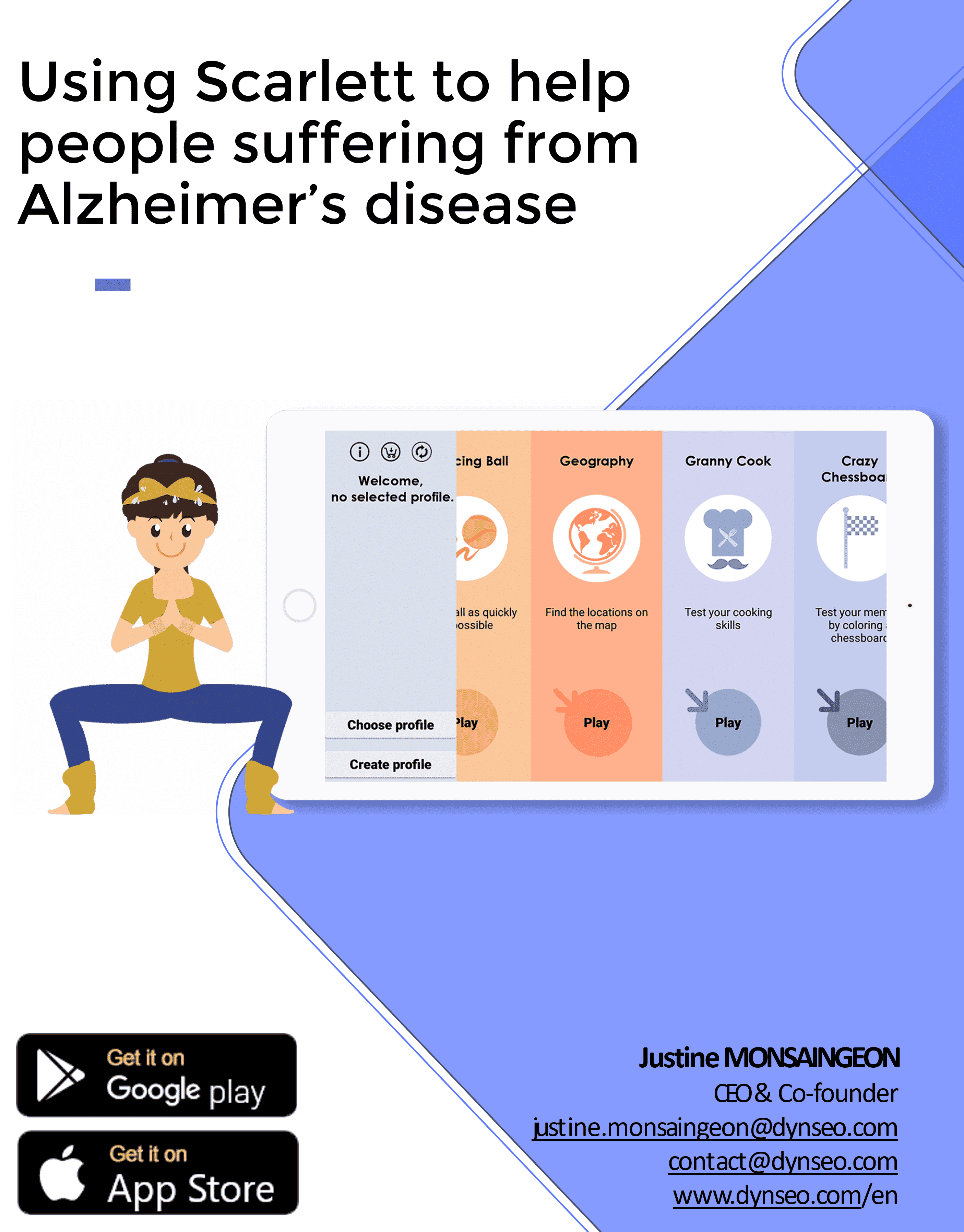Alzheimer’s disease is often difficult to diagnose early on. It is important to be aware of any changes in your loved one’s condition so that you can determine if it is necessary to have tests done by a professional. This will be the best way to find out if someone has Alzheimer’s disease. But when the diagnosis is made, it will not be easy to welcome the news. When a person is diagnosed positive for Alzheimer’s disease, their loved ones must be present and for the person to set up an organization that will allow them to keep optimal living comfort over time.
If you have someone with this disease in your family, you probably have a lot of questions. You are probably wondering how the disease will progress or what you need to do to help. It is also important to understand the role of caregivers in the different stages of Alzheimer’s disease. But all of these things will be difficult to manage at first. That’s why learning about the different stages of the disease is a good idea so that you know how it will progress in the future. You can also take the time to ask your questions to the healthcare professional who has been caring for your loved one.
We have also prepared an article to give you some tips and information about your role and that of caregivers when someone has Alzheimer’s disease. We recommend that you take the time to read the rest of the article so that you can prepare properly. This will allow you to be present in the right way!
Accepting the diagnosis
First and foremost, it is important to know that Alzheimer’s disease is difficult to accept, either for you or the patient. The world around you is turned upside down overnight without allowing you to turn back to avoid it.
The person with Alzheimer’s disease will have to accept their condition overnight and the idea that they will not get better. But that’s not all. The family also becomes involved overnight, realizing that they will become a caregiver daily. This role becomes an imposed one and you will need to be well prepared to deal with it.
But before you can help the patient with Alzheimer’s disease, you’ll need to prepare as best you can to be there. You will have to accept that you will go through different phases such as denial when you hear the news, anger, and great sadness when you integrate the news. You will need to take the time to accept things before becoming involved as a caregiver because you need to be strong and present for your loved one in these circumstances. Don’t hesitate to take time for yourself by taking refuge in your bubble for a while, to reach the acceptance stage as quickly as possible.
When the shock and the various emotions related to the announcement are behind you, it will be time to invest yourself in helping your loved one. It is important to remember that your loved one will also go through these different emotions if their Alzheimer’s disease is diagnosed in the early stages of the disease. You will have to give them time and space so that the news is accepted on their side as well.
Showing support to the person with Alzheimer’s right away
In this kind of situation, the whole family needs to show solidarity. You will go through different forms of mourning because your previous life will be definitively over, your loved one will still be physically there but the person you know will gradually die.
The most important thing to do as a family member is to be there! A person with Alzheimer’s disease will soon be lost, alone, and sad. By being present, the patient will receive attention and love from familiar people, and this will be a great comfort over time.
It will also be important to make arrangements to contact a competent team who will be able to take care of your loved one properly. You should not leave your loved one alone if they have Alzheimer’s disease. They must be allowed to receive help every day and must also be assured that they will be perfectly safe over time. It will, therefore, be important to organize yourself to set up a personalized assistance service.
The role of a caregiver for people with Alzheimer’s
Caregivers caring for a person with Alzheimer’s disease will be able to ensure the patient’s safety day after day. But it will also give you someone to turn to if you have any doubts or questions about the disease.
As a family member, you will need to learn how to communicate with a person with Alzheimer’s disease and caregivers can help you do this. Indeed, their role is to accompany not only the patient but also the family to help the patient take advantage of the presence of their loved ones. You will have the opportunity to learn to communicate, to transmit messages, and to avoid isolation by having conversations as often as possible.
Remember that a person with Alzheimer’s disease keeps their feelings alive, so they need the presence of family and caregivers to feel surrounded. Always remember to include the person in conversations to make them feel that they are present.
Even though they enjoyed watching television, they need to stimulate their cognitive functions and it is difficult to find a common activity with a person with Alzheimer’s disease.

SCARLETT,
a fun cultural app for people with Alzheimer’s
The Scarlett app is a useful too with more than 30 playful and cultural games. Scarett allows you to work on all cognitive functions, such as old memory, working memory, logic, landmarks in space, etc. while allowing you to share convivial moments with the person.
The Caregivers’ Toolbox
With the Caregiver’s Toolbox by DYNSEO, each caregiver, home care services, companion care services, or home health services benefit from tools that will help them take care of each elder. In this complete toolbox, you’ll find physical tools and numerical tools. As our games on tablet work without Wifi, home use is facilitated.

SUBSCRIBE TO SCARLETT
1 MONTH
- Perfomance tracking
- Monthly updates
- Customer support
- No automatic renewal
$5 USD
3 MONTHS
- Perfomance tracking
- Monthly updates
- Customer support
- No automatic renewal
$18 USD
1 YEAR
- Performance tracking
- Monthly updates
- Customer support
- No automatic renewal
$58 USD
Other articles you might be interested in:
The role of the social worker
Not all people were designed by the same programs. Indeed, there are the shy, the fragile, but there are also people...
How to guide home support workers and home helpers through the digital world
Over the decades, the home support workers have made it possible for people with disabilities or the elderly to...
How to support caregivers and home helpers using digital technology
Over the decades, caregivers have made it possible for people with disabilities or the elderly to continue to enjoy a...






